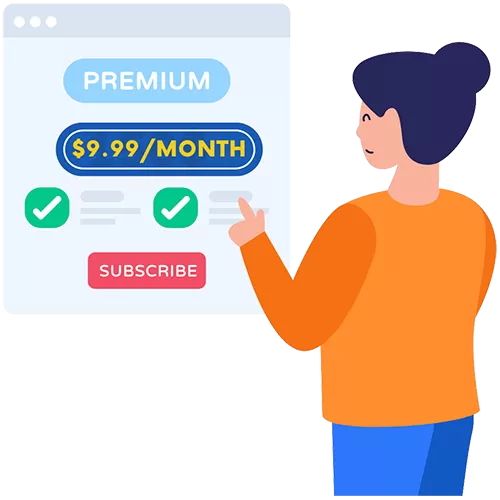Avoiding Overdraft Fees
Have you ever made a purchase or received cash with a debit card while the balance in your account was less than the amount of the transaction?
With overdraft protection, your financial institution may allow the transaction to clear. However, some financial institutions may charge a fee for this protection. You can take precautions to avoid overdraft fees and save money. Here are some tips to help.
Click here to download the NCUA Consumer Tips on Avoiding Overdraft Protection Infographic.
IT'S OPTIONAL
Having Overdraft Protection Is a Choice
If the overdraft option is not working for you or if you are finding it hard to manage, you can opt out. Without overdraft protection, if you use your debit card, but don't have enough funds in your account to cover the transaction, it will not go through. However, you won't incur the fee associated with overdraft coverage.
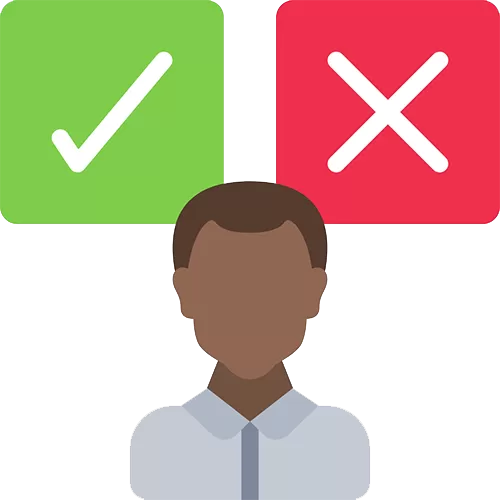
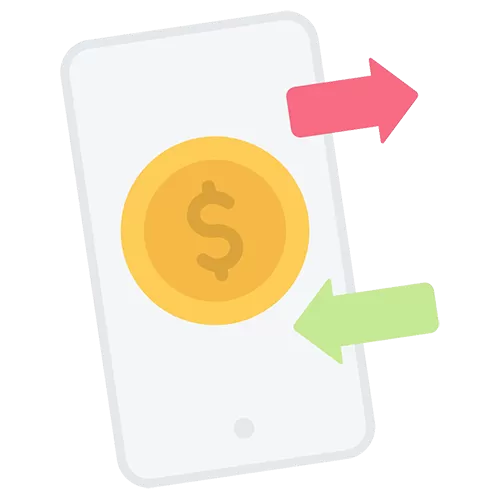
LINK YOUR ACCOUNTS
Link Your Checking Account to Your Savings Account or Line of Credit
Money will then be taken from your linked account if you overdraw your checking account to cover the remaining amount owed. In this case, you would not be charged an overdraft fee (a small transfer fee or interest may be charged), as long as there are sufficient funds in your linked account to cover the transaction.
SET UP BALANCE ALERTS
To Warn You When Balances Get Low
Some credit unions allow you to sign up to receive an email or text alert when your checking account balance drops below a specified threshold – $100, for example. You may also be able to get an alert whenever a deposit or withdrawal posts to your account, or even opt for a daily alert that shows your current balance.
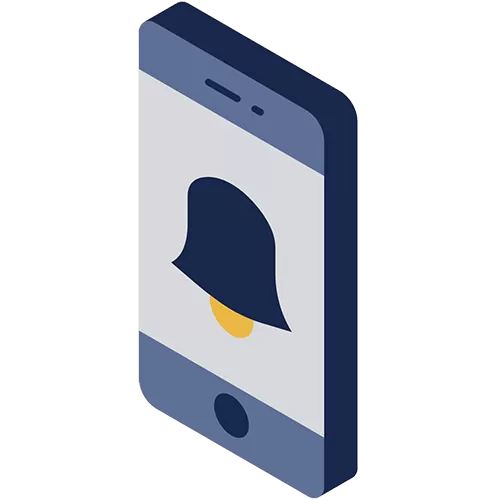
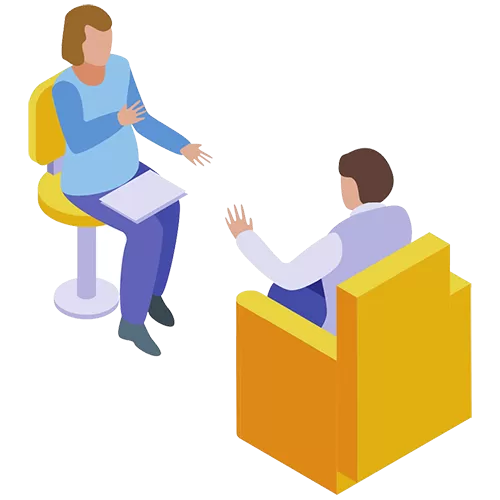
COMMUNICATE
Reach Out to Your Credit Union
If you find yourself using overdraft more than you prefer, or find yourself in a financial bind, reach out to your credit union to explore all your options. Credit unions promote smart spending and sound financial practices.
KEEP TRACK OF SUBSCRIPTIONS
Check Phone Settings for Recurring Charges
Even small monthly fees can quickly add up. You can use mobile apps and digital platforms to track and help manage your recurring subscription charges. Be proactive and monitor your account regularly.
